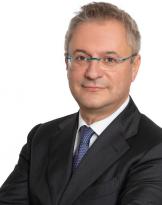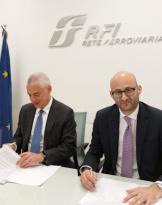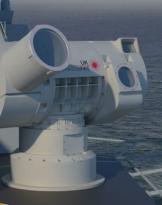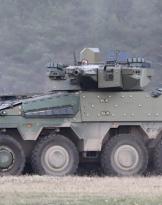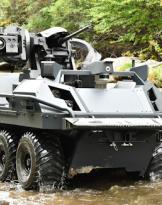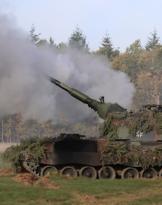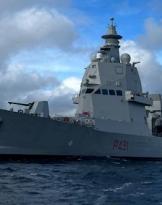"The Structured and Permanent Cooperation (Pesco) must be open to contributions from third countries"Reiterated the Defense Chief of Staff, Claudio Graziano, from the Center for Advanced Defense Studies (CASD) on the occasion of the conference" Future of defense and European security ".
"Three member countries must be the backbone of the common defense industry, but this can be done with an inclusive approach to third countries, as is certainly the case in the UK"Continued General Graziano.
The integrated system of common defense, which officially took off with the signing of the notification last November in Brussels by 23 EU foreign and defense ministers (v. article), will also see the inclusion of the United Kingdom after Brexit. As envisaged, in fact, by a clause of the Pesco agreement, even non-EU countries can join and be involved in the participation of some projects without having, however, any influence in political decisions. Decisions requiring unanimous approval except for decisions concerning the suspension or inclusion of new members, for which the vote must be by qualified majority, as is the case now with the UK inclusion.
But if Britain has no political power in the Pesco area, its contribution to the industrial sector can be decisive. The fact remains that the United Kingdom remains the largest spender in defense in Europe and with a certain influence in NATO. As explained by Ambassador Alex Ellis, Director General of the British Department for Brexit, the country spends "about the 40 percent at European level for research and innovation in the defense sector and intends to continue along this line".
 Britain, during the transition phase, will be invited by the EU to propose offers for the European Defense Fund (FES), for which an increase is expected to 1,5 billions of euros a year after the 2020.
Britain, during the transition phase, will be invited by the EU to propose offers for the European Defense Fund (FES), for which an increase is expected to 1,5 billions of euros a year after the 2020.
And with regard to relations between the EU and NATO, the chief of staff explained how important elements are "solid industrial cooperation and the creation of an 'inter-operational and integrated' defense system. No contraposition, therefore, to NATO, but a "complementarity with the EU in responding to threats to security"Specified the British chief of staff, air chief marshal Stuart Peach.
That the common European defense can not represent an obstacle to NATO is also clear to the Americans. The US position in relation to European defense has always been favorable, since the time of Kissinger. Interfacing with a single interlocutor, instead of 27 Countries, optimizing expenses and, not least, receiving greater operational output are some of the factors that would contribute to fostering relations between the EU and NATO, if and when European defense manages to gear up the march right.
(photo: MoD UK / Ministry of Defense)



